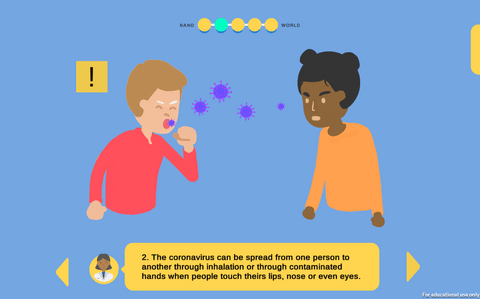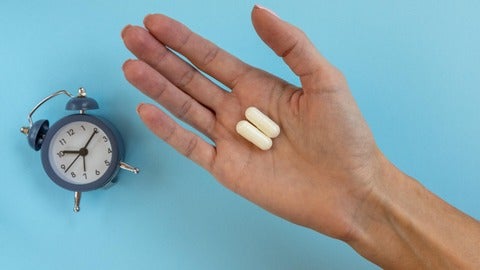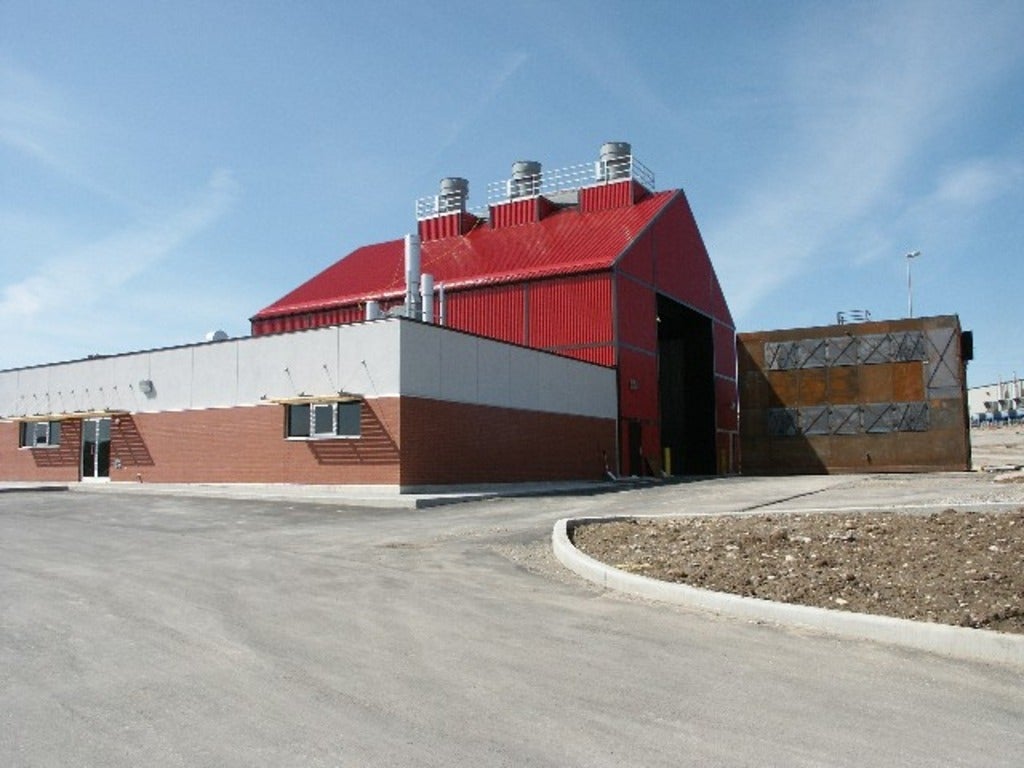University of Waterloo and Brainport Eindhoven are taking the next steps to bring new nanotech to Dutch and European markets
The Waterloo Institute for Nanotechnology (WIN) at the University of Waterloo (UWaterloo) and the economic development agency of Brainport Eindhoven in the Netherlands have taken another step towards bringing Waterloo’s top nanotechnology innovations to the EU market.






